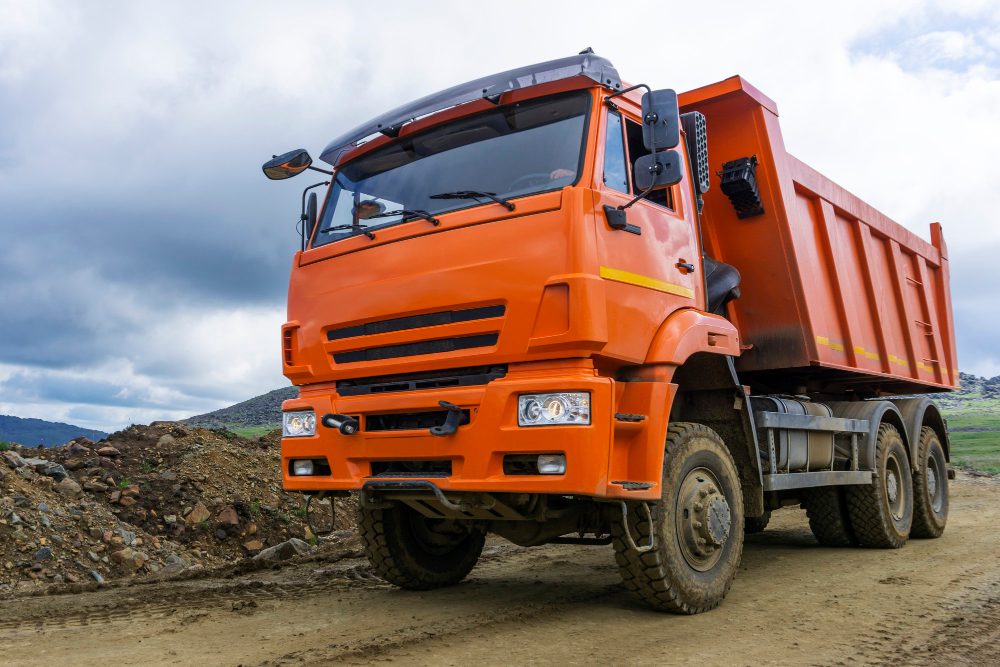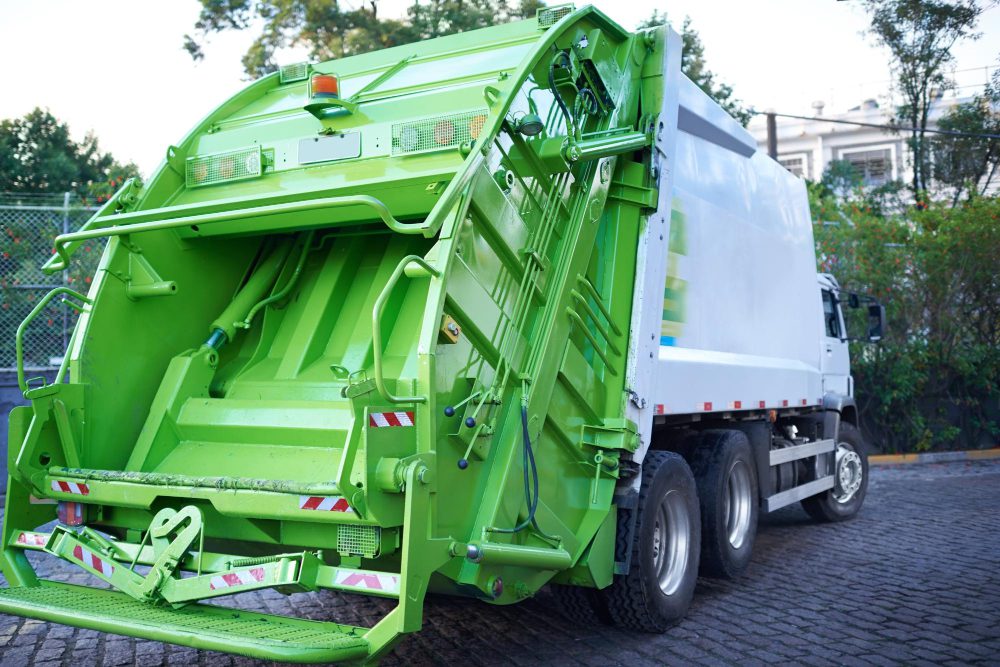When it comes to operating heavy machinery like a dumper truck in the United Kingdom, it’s crucial to know the legal requirements for licensing. The straightforward answer is yes, you do need a specific licence to operate a dumper truck. However, the type of licence required varies depending on factors such as the truck’s weight and where you intend to drive it. This article aims to clarify the ins and outs of the licencing rules for dumper trucks in the UK.
For a standard dumper truck, a Category C license (also known as a Class 2 license) is often required. This permits you to drive vehicles up to 32 tonnes.
If you’re operating a dumper truck off-road, such as on a construction site, different regulations may apply. You may not need a driving license per se, but you’ll often need specialized training and a certification to operate the machinery in accordance with Health and Safety regulations. Certifications like the Construction Plant Competence Scheme (CPCS) card or National Plant Operators Registration Scheme (NPORS) card are commonly required.
Note that regulations and requirements can change, and it’s essential to check the most current information from official government and local authority sources.
Do you need a license to drive a 1 ton dumper?
The 1-ton dumper, often seen on smaller construction sites or in garden projects, does require a licence to operate. However, the licence needed is not the standard car licence, but a specific licence for plant machinery, known as the CPCS card (Construction Plant Competence Scheme) or the NPORS card (National Plant Operators Registration Scheme).
- CPCS card: This card is widely recognised and provides evidence that you are competent in operating plant machinery. To get this card, you need to pass a theory and a practical test.
- NPORS card: This is another option and is also widely accepted. It is slightly more flexible in terms of the assessment process.
It’s worth noting that if you plan to operate the dumper on a public road, you will also need a standard driving licence in addition to your plant machinery licence.
Can I drive a 5 tonne truck on a car licence?
The rules are different for larger dumper trucks. If the truck has a weight over 3.5 tonnes, then a standard Category B car licence will not be sufficient. You will need to acquire a Category C or C1 licence.
- Category C Licence: Allows you to drive vehicles over 3.5 tonnes but does not set an upper weight limit.
- Category C1 Licence: Allows you to drive vehicles between 3.5 and 7.5 tonnes.
Both licences require you to pass a theory and a practical test, much like the CPCS and NPORS tests, but they are geared towards road usage.
Do you need a driving licence to drive a dumper on the road?
If you intend to operate a dumper truck on public roads in the UK, you will need both a plant machinery licence (either CPCS or NPORS) and a Category C or C1 driving licence, depending on the weight of the truck. Additionally, the vehicle must be properly registered, insured, and have a current MOT if applicable.
“Operating a dumper truck on public roads without the proper licence and documentation is illegal and can result in hefty fines and other penalties.”
| Vehicle Weight | Required Licences |
|---|---|
| Up to 1 tonne | CPCS or NPORS Card + Standard Driving Licence (if on public roads) |
| Over 3.5 tonnes up to 7.5 tonnes | CPCS or NPORS Card + Category C1 Licence |
| Over 7.5 tonnes | CPCS or NPORS Card + Category C Licence |
Final Thoughts
Understanding the correct licensing requirements is crucial for anyone planning to operate a dumper truck in the UK. Failure to have the correct licence not only puts you at risk of legal repercussions but also jeopardizes your safety and those around you. Always ensure you have the proper credentials before taking the wheel of any heavy machinery.


